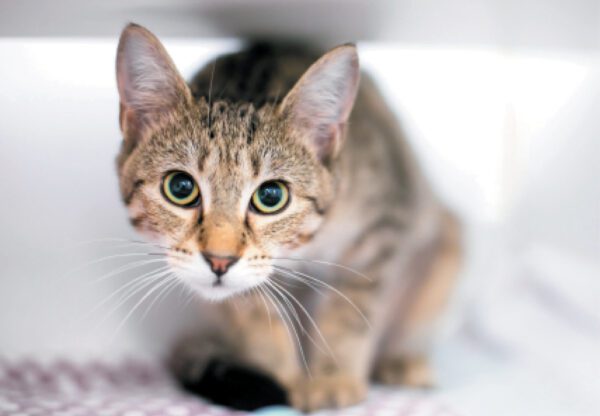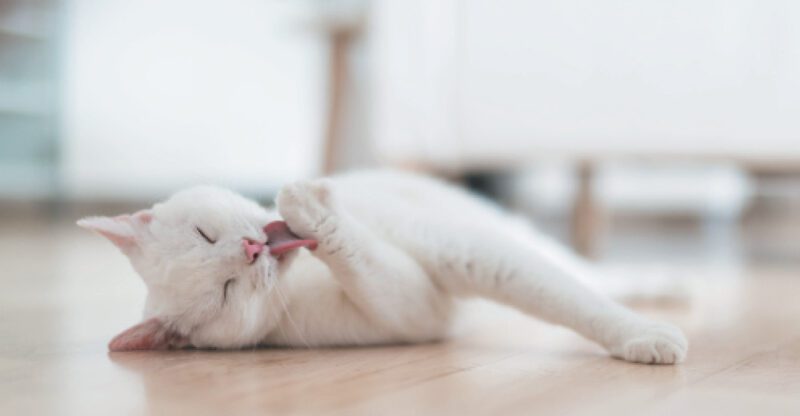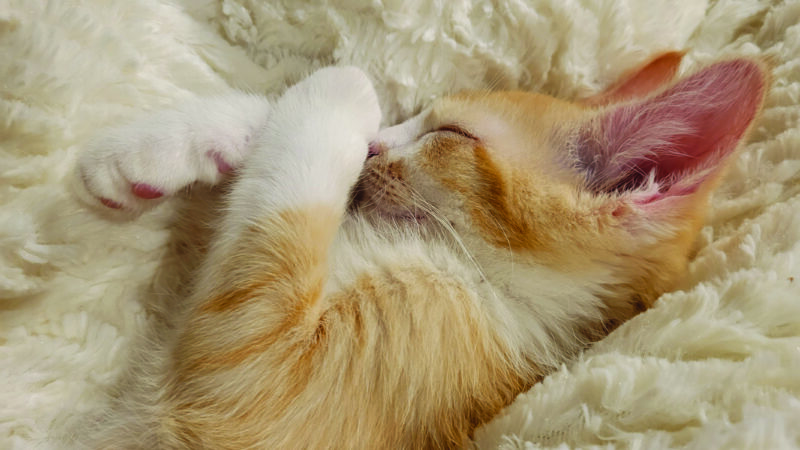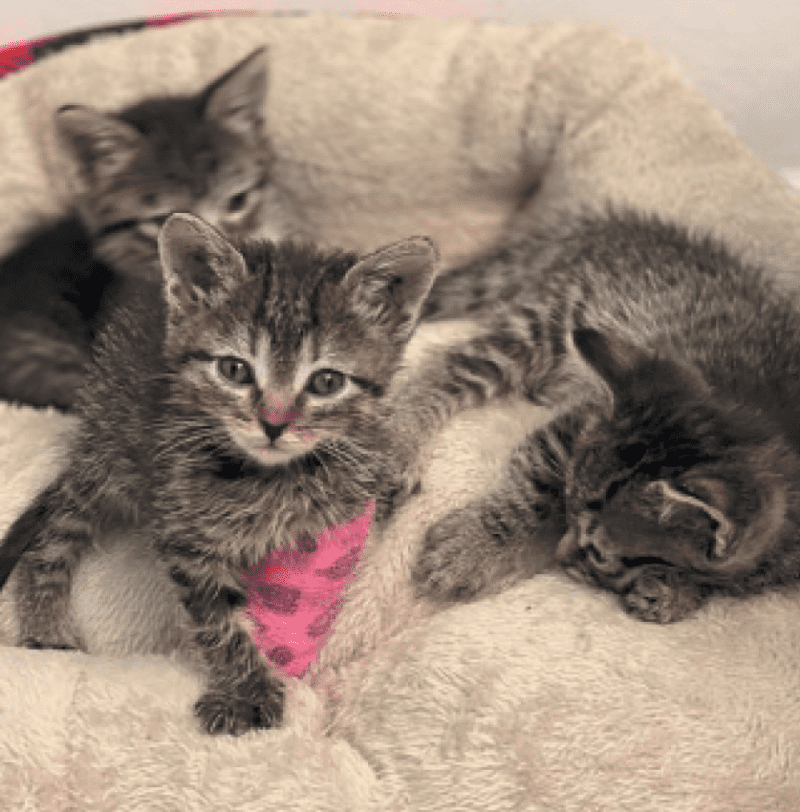Cats are all about survival, individually and for the species. When cats fear losing their resources, or if a predator is nearby, they become stressed, fearful, maybe even a little (or a lot!) aggressive. Some cats hide, some cats attack, but their behaviors are really two sides of the same coin: Reactions to anxiety.
Look behind the label
Before we even begin a behavior session, we simply listen. We ask our clients about each cat (and other pets) in their household, their usual demeanor and what the issues are in detail. We usually see the same pattern: One cat labeled “the bully,” and the other labeled “the victim.” Usually if there is a third cat, that cat is “Switzerland” and doesn’t get involved in the disagreements.
We understand the labels. When one cat chases and growls, and another flees in fear, that’s what it looks like. Fighting, spraying, inappropriate urination/defecation, misdirected aggression — all of these unwelcome behaviors come from the same place: anxiety and fear.
Let’s step back and look at how cats behave in nature. Every single thing cats do is done out of preservation of themselves and their species. Remember, cats are both predator and prey in the food chain. Another animal could always come along and steal their territory, their food or even hurt or kill them.
We’d be nervous wrecks, too, if we had to live like that. In fact, the most anxious kitties we see are often ones who have lived outside in that world, fighting for resources, meals and even their lives. It’s a tough way to live. But, the instinct to either fight for resources or hide away from predators is alive in all cats, whether they have lived outside or not.
Always have your kitty checked by a veterinarian to rule out medical issues before assuming it’s a behavioral problem.
Ease that anxiety

To help your anxious kitty, the first step is to understand the root cause of his behavior. For example, if your cat pees on your bed or sofa, it’s easy to become angry. No one wants to live like that! However, understanding that your cat was so stressed that he needed to mix his scent with yours, makes it much easier to be kind. We’re still not thrilled about the pee mistake, but when we know it wasn’t done to purposely annoy us, we handle it better.
Cats do not exact revenge and do not express inappropriate behaviors to spite you. Yelling or punishing a stressed cat only makes the situation worse! Think about if someone yelled at you when you were stressed, how would you react?
Second step: Put some daily routines in place. Those outside cats have a strict schedule they follow every day. Routine, any routine, lets our cats know what to expect, and this makes them feel more secure. It also fits more into their natural activity of hunting for their food. There are many times and activities you can create routines around for your kitty. You may already be doing some right now.
Third step: Keep calm and carry on. Cats are empaths. They study us constantly and know our every facial expression and vocal tone. They know when we are upset, and sometimes that’s enough to cause our cats stress. If you are scared or upset, your cat will take his cues from you. We know it might be difficult to remain calm in all situations, but fake it ‘til you feel it!
Fourth step: Use low tones and keep a calm atmosphere to help cats prone to being high-strung and anxious in any situation. If your loud friends or family are coming to visit, set up a nice place in a bedroom or other safe space, where your cat can hang out and feel secure.
Anxious cats need us to help them relax, so they can enjoy spending time with you, without any fear.








